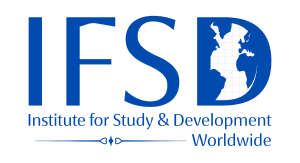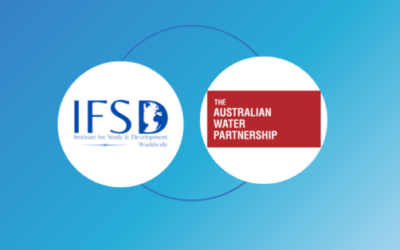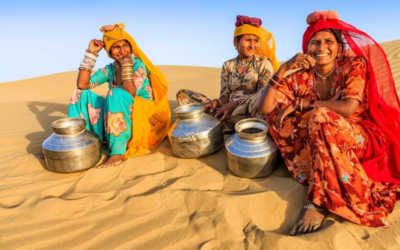Gender inequality is a serious global problem that is deeply rooted in our society, where discrimination starts before a child is even born. Gender...
Disaster Risk Reduction (DDR)
Climate change and increasingly extreme weather events have caused a surge in natural disasters over the past 50 years disproportionately impacting poorer countries. Increasing climate vulnerability is also increasing the risk of extreme weather conditions and disasters. This includes several natural hazards like floods, cyclones, landslides that are a threat to human life and the economy. Urgent actions are needed to mitigate these risks, focusing on vulnerable regions and groups. A comprehensive approach, including strengthening disaster preparedness and response, and redesigning climate adaptation strategies at the local context, is necessary.
At IFSD, our work on disaster risk reduction (DRR) aims to support adaptation efforts while prioritizing the development of communities. Our focus is not only to look at the dimension of Loss and Damage caused by disaster but the aim to strive towards minimizing the chances of it. Our approach to DRR is holistic, encompassing multiple dimensions, disciplines, and stakeholders. Recognizing that climate change’s impact on disaster risk extends beyond physical factors to encompass social and economic factors such as poverty, inequality, and governance, we collaborate with diverse stakeholders to develop comprehensive solutions that address both dimensions of climate change and DRR.
Latest
Elevating River Basin Governance and Cooperation in the Hindu-Kush Himalayan Region
Period: 30 January 2021 – 31 December 2023. Funder/client: of Department for Foreign Affairs and Trade (DFAT), Australia The...
Reducing gender inequality in urban water management in Nepal
In towns and cities at the foot of the Himalayas, women play a vital role in supplying water and its management, but ironically, their voices are...




